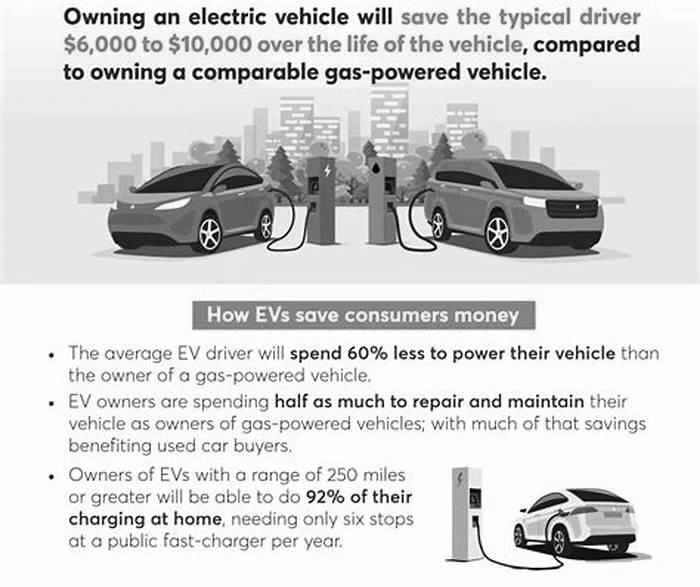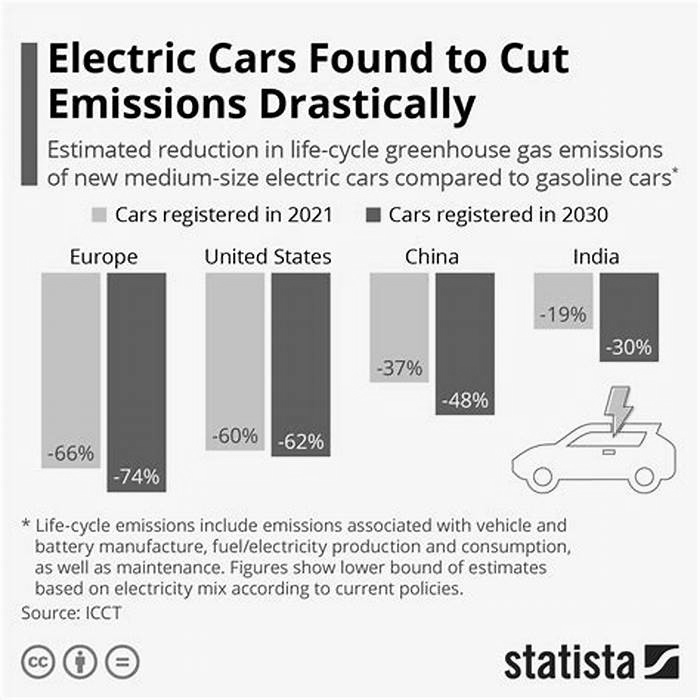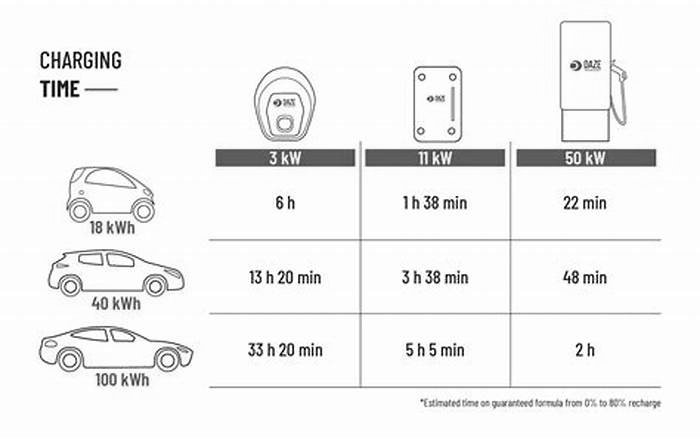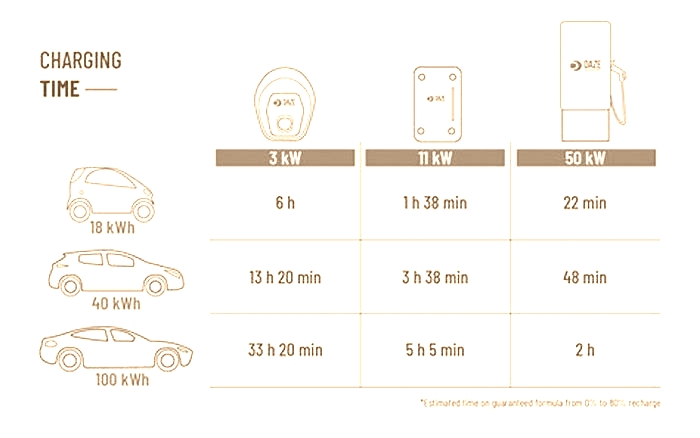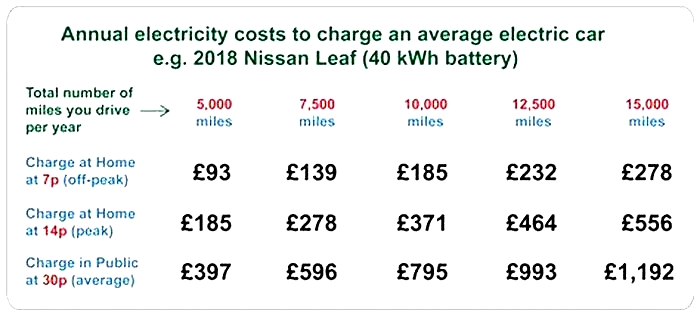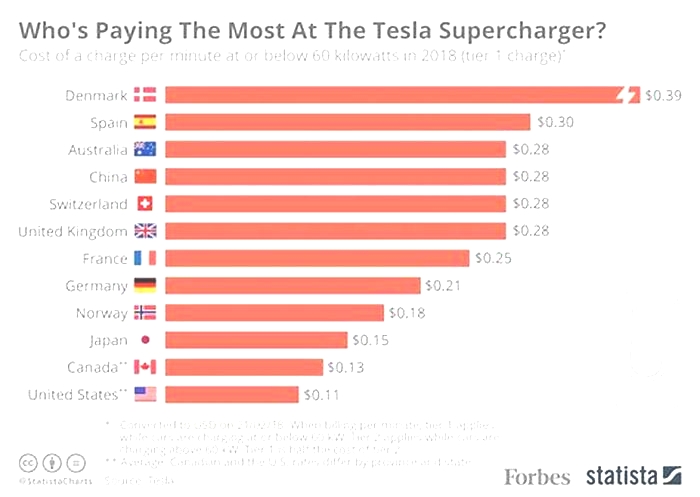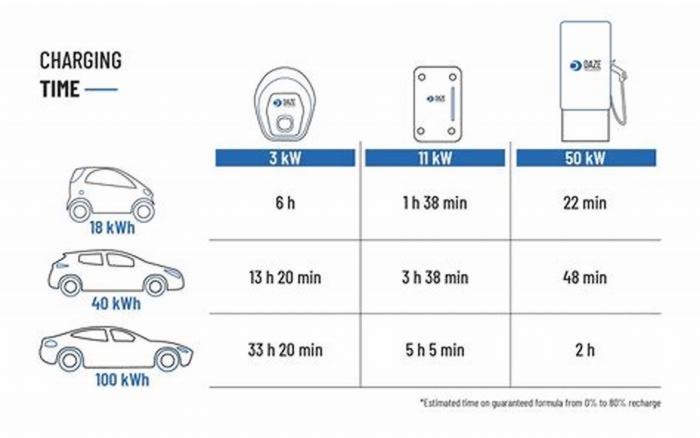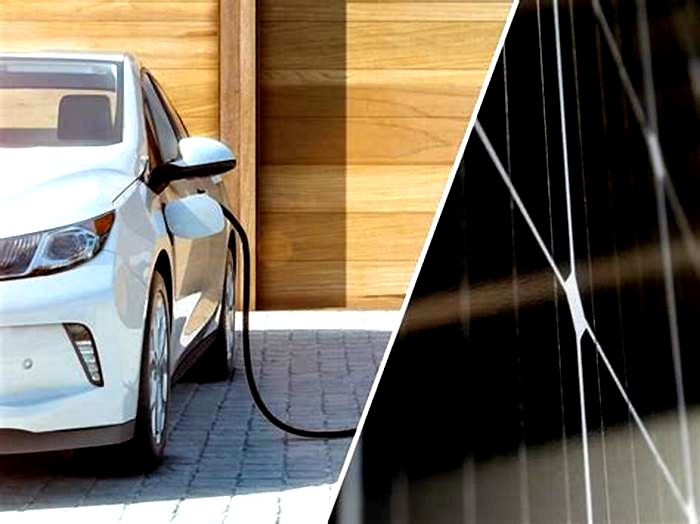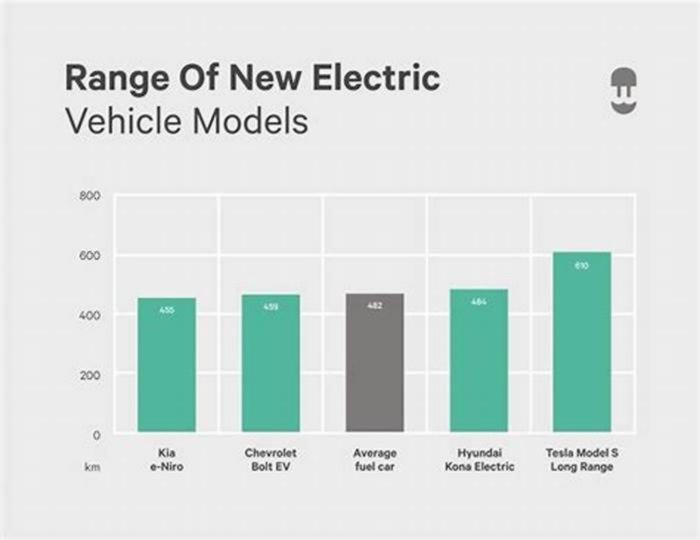Do electric cars lose charge when parked
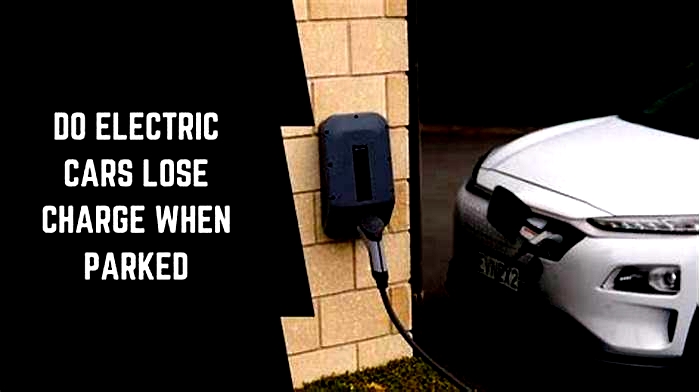
Do Electric Cars Lose Charge WhenParked? The Answer Is Yes!
Many drivers are interested in the potential fuel savings they could achieve by purchasing an EV, but they are skeptical of the dependability of electric vehicles. You might end up stuck somewhere as a result. Contrary to an internal combustion engine, you cant just ask someone to bring you a gas can and be back on the road.
Do electric cars lose charge when parked?
Certainly, some of the charges will drain from your electric vehicle (EV). Whether the EV is in use or not, the battery will slowly discharge; however, the amount of charge that is lost will vary depending on the EVs make and model.
Read More About Car Parking: How Long Can I Leave My Car Running While Parked?
Why Electric Cars Lose Power While Parked?
So why do the batteries in electric cars gradually lose their charge over time? The design of these batteries is the key to the solution. Lithium-ion batteries are used by electric cars to control their internal motors. They function similarly to other batteries in that anodes and cathodes exchange electrons.Lithium-ion batteries are actually much more efficient thanmost other types of batteries. This guarantees that when your car is parked, its battery wont quickly deplete.
The lead-acid, 12-volt battery that is used in automobiles is a prime illustration of this. When not in use, these have a tendency to drain fairly quickly. As previously mentioned, lithium-ion batteries are much more effective.When not in use, a lithium-ion battery generally wont discharge much if it is kept at about 80% charge.This is typically the outcome of a battery monitoring system that will continuously check on all of the batterys cells.
The battery monitoring system is made to stop you from overcharging or even over-discharging your battery. It also keeps track of the batterys health and condition to help it last as long as possible. Even when not in use, this system will continue to use energy. The main cause of your charge decreasing even when it is not in use is systems like these.Your battery charge will suffer further if any other vehicle systems are left on.
How Much Charge Can Your Car Lose While Parked?
How much of your charge can therefore actually be lost while you are parked? These batteries, fortunately, have a very long charge-hold time. You most likely wont notice any drop at all if you park it for the day.If you leave it for a few weeks, you will notice some loss, and if you leave it for a few months, you will notice a significant decrease.
Most electric vehicles only lose about 2% to 3% of their charge per month when they are idling in a perfect world.Accordingly, if your car had a 300-mile range, you could anticipate losing 6 to 9 miles out of your entire charge in a month.Obviously, this only applies in a perfect world. Your car battery can maintain as much of its charge as possible for as long as possible by taking advantage of additional factors that will come into play.
The actual loss over time is minimal, as you can see. In general, you wont really notice the effects of this in regular use. If you drive to work and leave your car parked without plugging it in while you are there, you probably wont notice any range reduction by the time you get back in.The loss of charge over time will probably continue to decline as lithium-ion battery technology advances.
How Long Can An Electric Car Be Left Idle?
Anyone wondering how long they can let an EV sit without charging should read Plugin Reports analysis of the statistics behind this query. The batterys initial charge level is the deciding factor in everything.
Expect an EV to last months without a charge when the battery power is at about 50%, so you wont likely end up with a dead battery if you havent driven it in a while. However, leaving your electric vehicle (EV) running on battery power that is unusually high or low could more likely cause battery cell damage.
The weather is a further consideration that you must make. Remember that exposing your EV to temperatures above 100 degrees Fahrenheit could result in the battery losing charge more quickly if you live in a hot climate.
Weather Effect
Is the amount of charge your car will lose while parked affected by the weather? In fact, it does, with the temperature being one of the key elements we mentioned earlier when discussing ideal conditions. It would be best if it were mild outside.Both excessive heat and extreme cold make it harder for the car to maintain its charge.
Your battery may lose charge more quickly if the surrounding temperature is high. The charge will decrease more quickly as components become hotter. In order to cool the car back down after you restart it, much more effort will be required. Both of these things will affect how much power your car will have.The best places to leave an electric vehicle are in a garage or some shade, if at all possible. By doing this, you can keep everything cooler and waste less energy.
Similarly, extremely low temperatures will affect how well your car charges.Your car will need to constantly warm up in the chilly weather to keep from getting too chilly. As a result, your battery will be depleted more quickly than it would be in a mild climate.If you live in a particularly cold climate, keeping your electric vehicle in a garage where its warmer than the outside air temperature can help you conserve as much power as possible. The weather is typically the main factor in an electric cars loss of charge while parked.
Tips To Prevent Losing Charge While Parked
What can you do, then, to ensure that your car doesnt lose power while its parked? Keep it out of extreme temperatures as much as you can as your first course of action.Keeping the car at your residence and parking it in the garage is a great idea. In the summer, garages are typically cooler than the outside air, and in the winter, they are typically warmer.This aids in shielding your car from temperature extremes that might harm the condition of your battery.
You can still take precautions to protect your car from the elements if you leave it somewhere other than at home. Your car will lose less charge if you can park in covered parking or in the shade.When you park, do your best to keep it out of the sun.If this isnt possible, it wont really matter. Simply put, your battery will lose a tiny bit more power than if you had parked in the shade.
Another possibility is that your car has components that draw power continuously from the battery. Teslas sentry mode is a fantastic illustration of this. This will drain your batteries of power continuously and may eventually result in their depletion.If a feature, such as sentry mode, can be turned off, you might want to think about doing so so that it wont significantly drain the battery when the car isnt in use.
The last thing that you can do is to avoid leaving your battery fully charged while parking it for long periods of time. A fully charged battery will begin to degrade much more quickly than one that is only 80% charged. Most of the time, its best to just leave your car between 40 and 80% charged if you know it will be idle for a considerable amount of time.This will guarantee that it retains as much charge for as long as possible.
How To Maintain A Healthy Electric Car Battery
According to CarProUSA, there are a few things you can do to keep your electric car battery in top condition. First, make sure your high-voltage battery maintains a charge of at least 10% and that your 12-volt battery remains charged.
If youve recently charging your car and/or driven it for at least eight hours, your 12-volt battery should stay fully charged. If you want to keep your 12-volt battery healthy if you intend to go longer without doing either of those things, you should take additional precautions.
Your 12-volt battery may lose a significant amount of charge if you dont drive your car for more than a month. Disconnecting the batterys negative terminal will stop that from happening. There are a few other options available to you if youre unsure of how to do that or dont feel comfortable doing it. If your vehicle is an all-electric or plug-in hybrid, these options include leaving it plugged in, or you can connect your 12-volt battery to a regular 12-volt battery charger and leave it connected while slowly charging it continuously.
Its always best to speak with a mechanic who is familiar with EVs to make sure you do everything correctly and prevent accidents.
Conclusion
The battery will slowly lose charge whether the EV is in use or not, just like any battery-powered device, but the amount of charge lost will vary depending on the make and model of the EV.
By putting your car in energy-saving mode or disabling pre-set features that will consume a lot of battery, like the air conditioning, you can reduce the battery loss. Additionally, its a good idea to let the car sit with less than a full charge (but no lower than 20%), as doing so can harm the battery.
Read More: Can Cars Explode?
Do Electric Cars Lose Battery Power When Powered Off, Parked, and Doing Nothing?
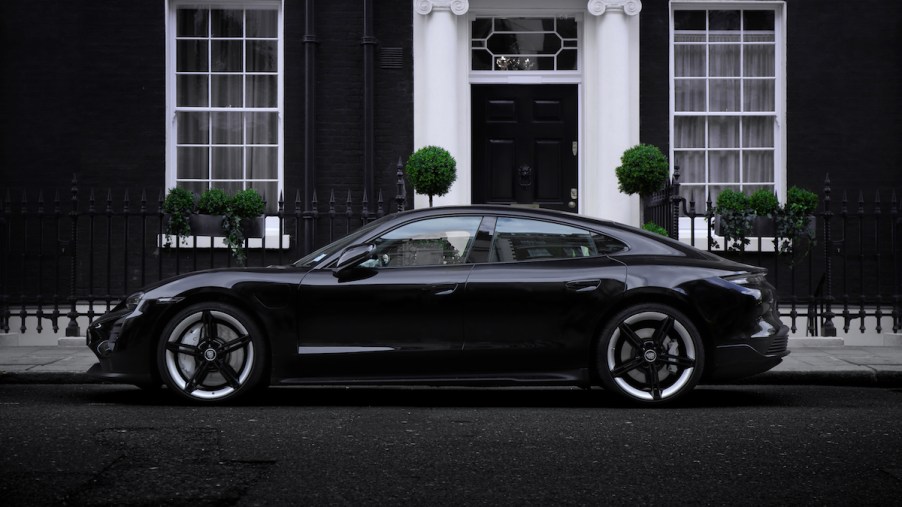
Do Electric Cars Lose Battery Power When Powered Off, Parked, and Doing Nothing?
Would-be EV buyers worry the battery could lose charge when the car remains parked for extended periods. Here's take a look at whether that concern is justified.
Published on
Many drivers are intrigued by the fuel savings they could gain by purchasing an EV, but theyre wary of electric vehicles reliability. One worry is whether the battery could lose charge when the car remains parked for extended periods. Lets take a closer look at whether that concern is justified.
How long can an electric car sit without charging?

Plugin Report has broken down the stats behind this question and filled us in on important information for anyone wondering how long they can let an EV sit without charging. It all comes down to how much charge the battery has to begin with.
With battery power at around 50%,expect an EV to be able to sit for months without the need for a charge, making you unlikely to find yourself with a dead battery if you havent driven your electric car for a while. But leaving your EV sitting with battery power thats exceptionally high or low could more likely damage the battery cells.
One additional factor youll need to keep in mind is the weather. If you live in a hot region, dont forget that exposing your EV to temperatures above 100 degrees Fahrenheit could cause the battery to lose charge more quickly.
EVs lose minimal battery power when parked
If youre concerned about the possibility of your EV losing significant battery power over time, you can put those concerns aside. Consumer Reports explains that batteries undergo minimal loss of charge over time.
If youre looking for specific numbers, you can expect an average EV battery to lose around 2.3% of its starting range per year. That means, for example, a Nissan Leaf with a starting range of 149 miles could expect to see a range of around 132 miles after five years.
Clearly, at that rate, it would take many years for an EV owner to notice a significant drop in their battery power, no matter how much they drove the vehicle (or left it parked).
Tips to maintain electric vehicle battery reserves and health
If you want to keep your electric car battery in tiptop shape, you can do a few things to help, according to CarProUSA. First, youll want to ensure that your 12-volt battery stays charged and that your high-voltage battery maintains a charge of at least 10%.
Your 12-volt battery should stay sufficiently charged as long as you have charged your vehicle and/or driven it for at least eight hours in the past month. If you plan to go longer without doing either of those things, youll want to follow other steps to maintain your 12-volt batterys health.
If you go more than a month without driving your vehicle, your 12-volt battery could lose a significant amount of charge. To prevent that from happening, you should disconnect the batterys negative terminal. If youre unsure how to do that or dont feel comfortable doing so, you have a couple of other options. They include leaving the vehicle plugged in if its a plug-in hybrid or all-electric, or connecting your 12-volt battery to a standard 12-volt battery charger and leaving it on a continuous slow charge.
To ensure you do everything correctly and avoid mishaps, its always best to consult with a mechanic familiar with EVs.

